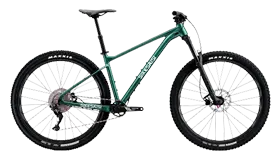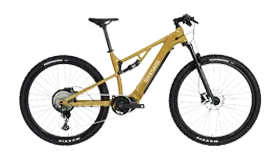what factors affect the battery efficiency of electric bicycles?
The battery efficiency of electric bicycles is affected by multiple factors, including the following points in addition to the weight of the vehicle:
1. Charger quality and matching: The circuit design, stability, and whether the charger has intelligent charging management (such as two-stage or three-stage charging) will affect the charging efficiency and life of the battery. An unmatched charger may cause overcharging or undercharging, thereby reducing battery efficiency.
2. Motor type and efficiency: Different types of motors (such as brushed, brushless, permanent magnet synchronous, etc.) and their efficiencies are different. High-efficiency motors can more effectively convert electrical energy into kinetic energy and reduce battery energy consumption. The working efficiency of the motor under different loads will also affect the overall efficiency.
3. Controller efficiency: The controller is responsible for regulating the power output of the motor. Its conversion efficiency and intelligence (such as whether it has an energy-saving mode) will affect the efficiency of the battery.
4. Riding conditions: Including riding terrain (flat road and climbing), speed, frequent starting and stopping, etc. will affect the energy consumption of the battery. When riding uphill or at high speed, the motor needs to output more power, thereby consuming battery energy faster.
5. Tire pressure and friction: Proper tire pressure can reduce rolling resistance and improve energy efficiency. A high friction coefficient between the tire and the ground will increase energy consumption.
6. The condition of the battery itself: The age, maintenance status, discharge depth, and temperature of the battery will affect its efficiency. Aging batteries or working at extreme temperatures will reduce battery efficiency.
7. Electrical system loss: Electrical connection problems including wire resistance and poor contact will cause additional energy loss.
8. Riding habits: Riding habits such as frequent acceleration, sudden braking, and high load will increase energy consumption and affect battery efficiency.
9. Ambient temperature: When the battery works at too high or too low a temperature, its chemical reaction efficiency will decrease, affecting the battery's charge and discharge efficiency and life.
10. Battery capacity and discharge rate: The actual available capacity of the battery and the discharge rate (C-rate) will also affect efficiency. Rapid discharge usually leads to reduced efficiency.
In summary, optimizing these factors can effectively improve the battery efficiency and extend the battery life of electric bicycles.










